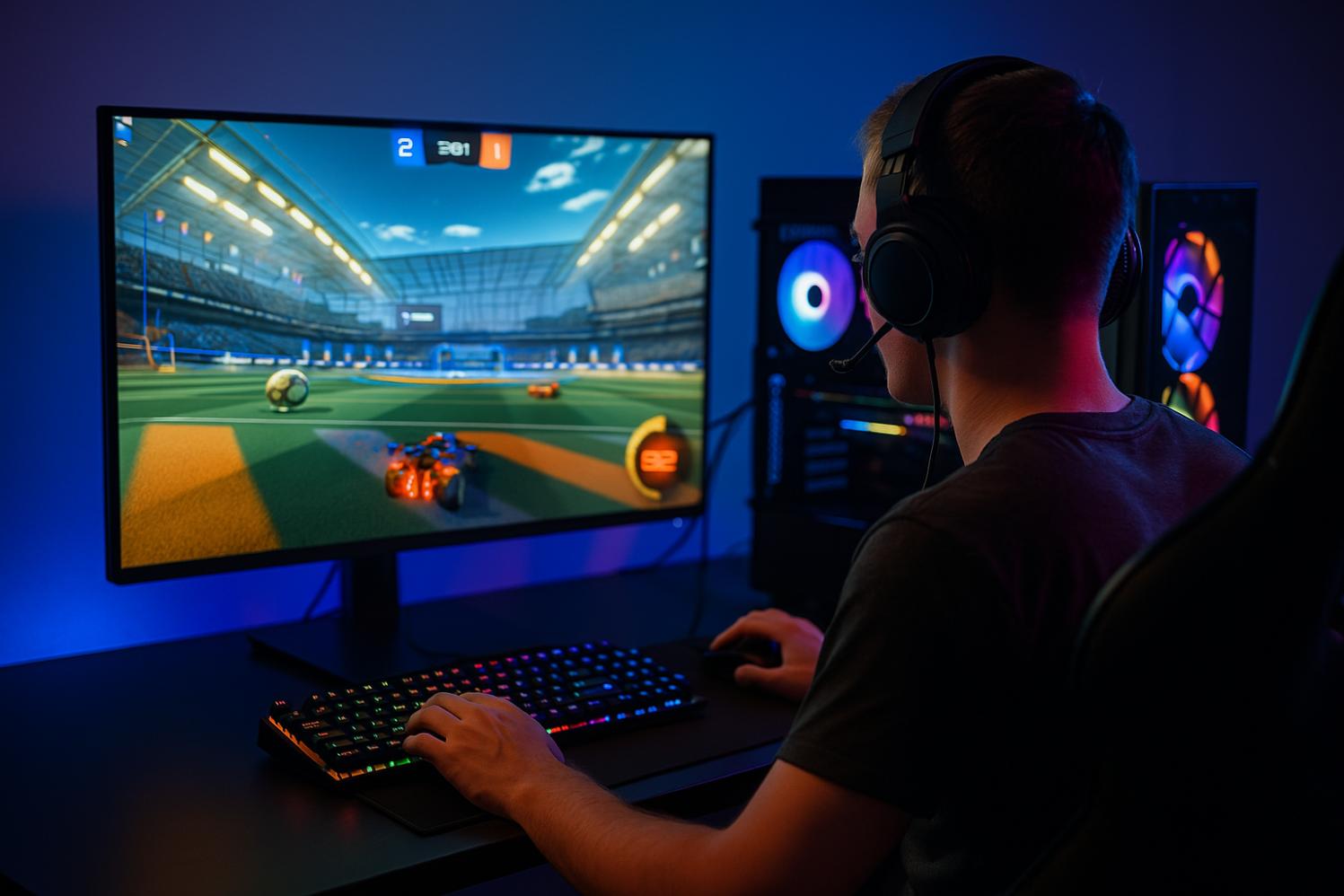
The often viewed relatively parallel service of rank boosting for Rocket League has transformed over the years into a powerful phenomenon impacting online multiplayer games in the very core of their existence.
Many in the esports industry view boosting as a convenient shortcut, yet its socioeconomic impact on the market is significant. Indeed, boosting is transforming the design of games and the way players engage with them.
1. Advanced Anti-Cheat Systems Are Set to Emerge
Game developers are tightening their efforts to detect instances of boosting. AI-based watching of matchmaking behavior paired with machine learning adaptive techniques is set as the new standard to detect “unnatural” winning streaks or inconsistent game performance boshing that are telltale signs of boosting.
2. Increased Focus on “Trust-Based” Matchmaking
Boosting has laid bare the inadequacies of traditional matchmaking systems. Developers began focusing on trust score systems, blending the win/loss ratio with behavior analytics to better match players’ intent and skill.
3. Game Design Transition Toward “Grind-Proof” Progression System
Because they are not inherently earned, studios are switching to achievement-based progression systems that offer rewards like titles, proving the player’s time and engagement instead of rank. This approach upholds the status without undermining the competitive integrity of the game.
4. Coaching Service Industry Growth Is Directed By Boosting
Most players considering boosting will look for coaching instead. A separate industry has developed as a byproduct of boosting, focusing on helping players improve their skills through coaching instead of rank boosting.
ALSO READ: 4 Proven Gaming Strategies to Boost Your Spotify Streams Like a Pro
5. The Increasing Phenomenon of Shadow Economies in Gaming
Like many other activities, rank boosting helps construct a shadow economy for gaming. There are now entire markets, complete with service reviews and even tiered pricing. Such an environment compels developers to rethink how they regulate these services or risk alienating their player base.
6. Increased Accessibility Comes at the Hands of Cross Platform Boosting
With Rocket League being cross-play compatible, boosting is applicable on PC, PlayStation, Xbox, and even Switch. This cross-platform ecosystem is undoubtedly forcing developers to integrate ranked systems and fairness across devices.
7. Trust Within a Community Is Becoming a New Measuring Standard
Because boosted accounts exist, it’s easy to create sponsor accounts and manipulate the visibility of ranks. Developers are now using trust-based systems where reputation, endorsements, and reports influence rank visibility in the context of boasting.
8. Other Games are Using the Innovations and Mistakes From Rocket League as a Base
Developers are now proactively making new games with the knowledge that rank boosting exists. Features such as duo-queue restrictions, decay systems, and dynamic recalibration for placement matches are implemented from day one to maintain the intended level of competition.
Conclusion: The Enduring Effects of an Evolving Online System
The rampant rank-boosting practices in Rocket League aren’t simply impacting a single title; they’re revolutionizing an entire industry. From tighter matchmaking standards to more sophisticated programmatic incentives tied to ranks, boosting, for better or worse, has shaped the current state of online multiplayer gameplay.
